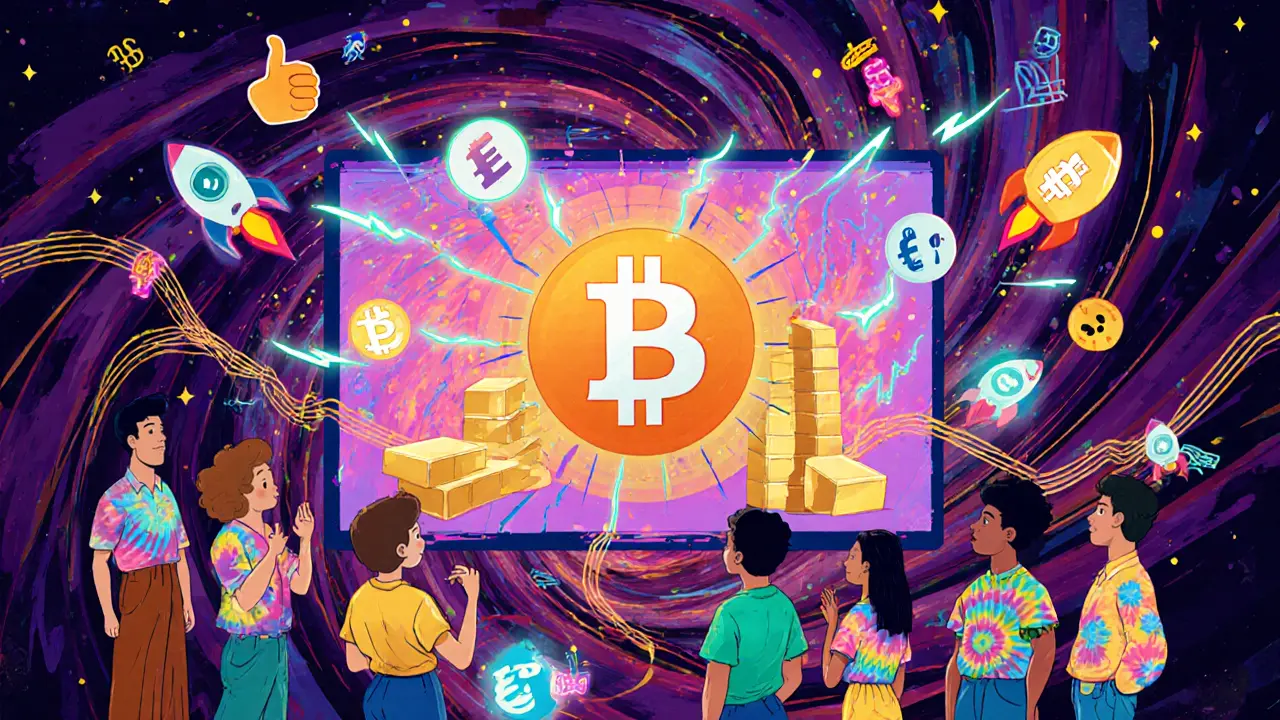BingX Review: Is This Crypto Exchange Safe and Worth It in 2025?
When you hear BingX, a crypto exchange that targets global traders with low fees and leveraged trading options. Also known as BingX Global, it's a platform that tries to stand out by offering futures, spot trading, and copy trading—all in one place. But here’s the question: is it just another flashy app, or does it actually deliver on its promises? Many users sign up for the low fees and the copy trading feature, only to find hidden risks, slow withdrawals, or worse—no customer support when things go wrong.
BingX isn’t the only exchange out there, but it’s one of the few that pushes hard on copy trading, a feature where you automatically copy the trades of experienced traders. It sounds simple, but it’s not magic. If the trader you’re copying makes a bad call, you lose money too—and BingX doesn’t protect you from that. Then there’s the leverage trading, the ability to borrow funds to increase your position size. It can multiply gains, but it’s also how people lose everything in minutes. And unlike regulated platforms like Coinbase or Binance, BingX operates without clear oversight in many countries. That means if something breaks, you’re on your own.
What you’ll find in the posts below are real breakdowns from users who’ve traded on BingX, including those who got locked out of their accounts, those who thought they were making profits only to see fees eat everything, and others who switched to safer platforms after losing money. You’ll also see how BingX compares to alternatives like BUX, BitWell, and Coinext—platforms that either got exposed as scams or proved to be more reliable. No hype. No sponsored fluff. Just what people actually experienced. If you’re thinking about using BingX, read these first. You might save yourself a lot of trouble.
BingX Crypto Exchange Review 2025: AI, Copy Trading, and What You Need to Know
BingX is a top crypto exchange for international traders, offering copy trading, gold and forex markets, and AI-powered tools. But it's not available in the U.S. and lacks regulatory oversight. Here's what you need to know in 2025.
